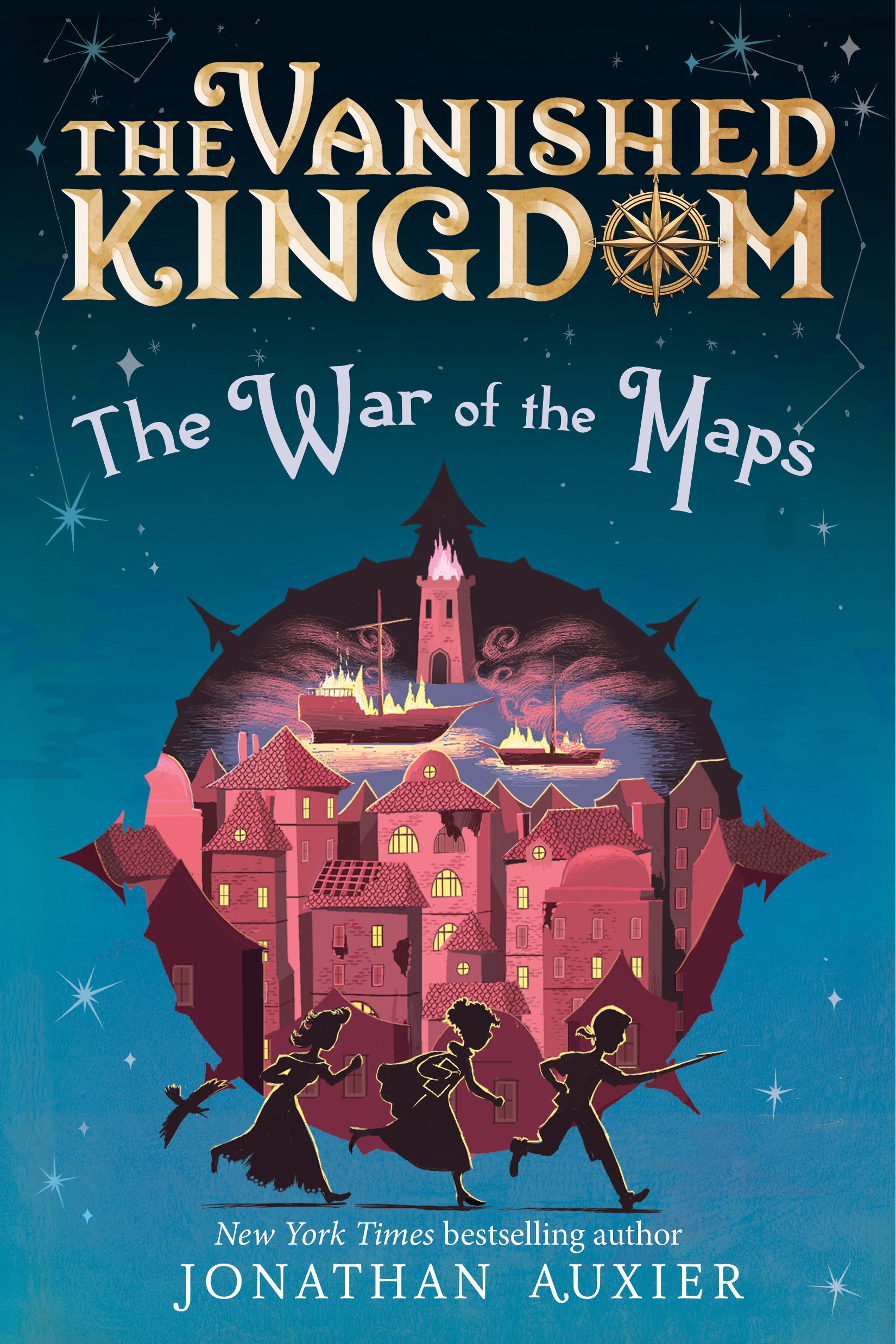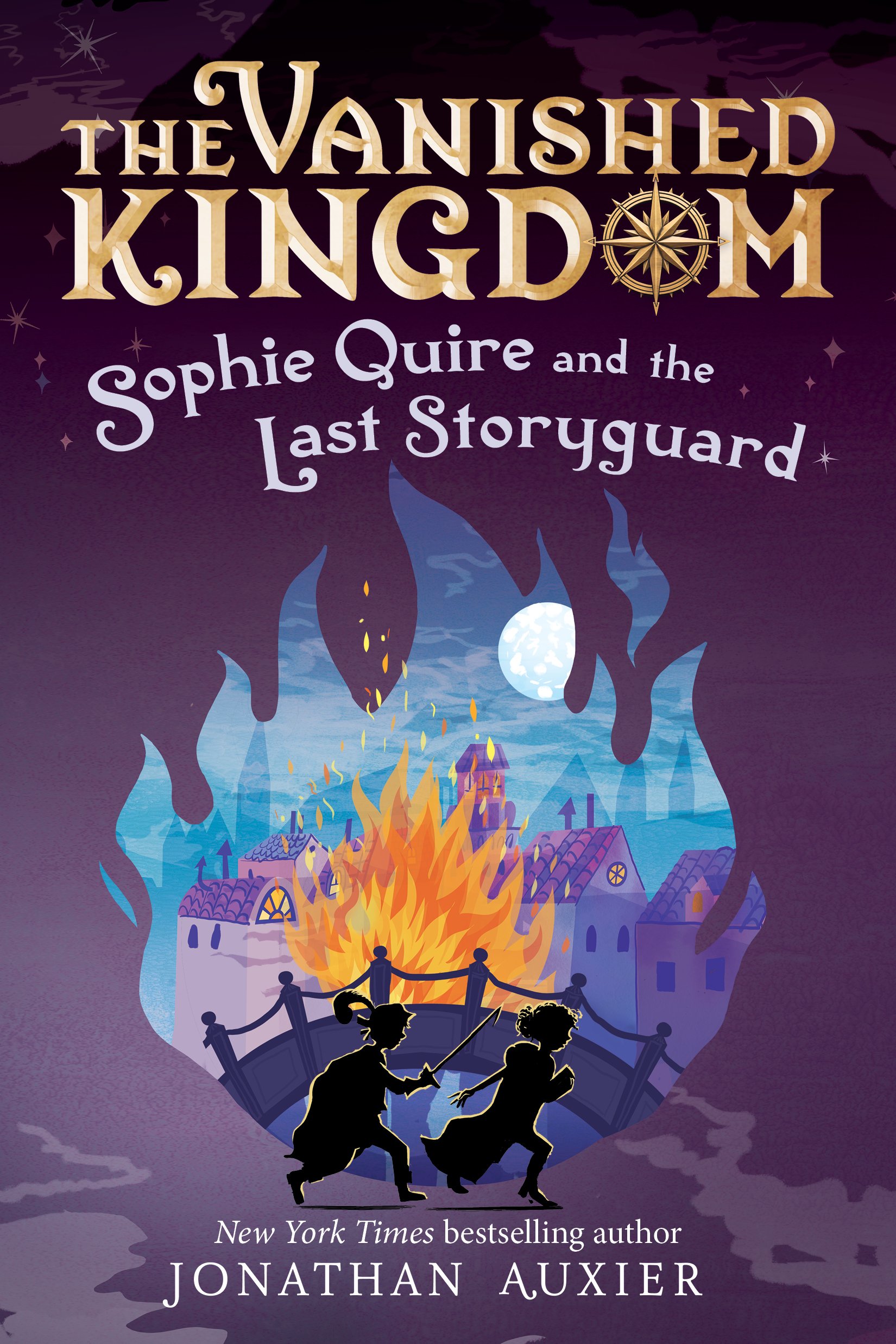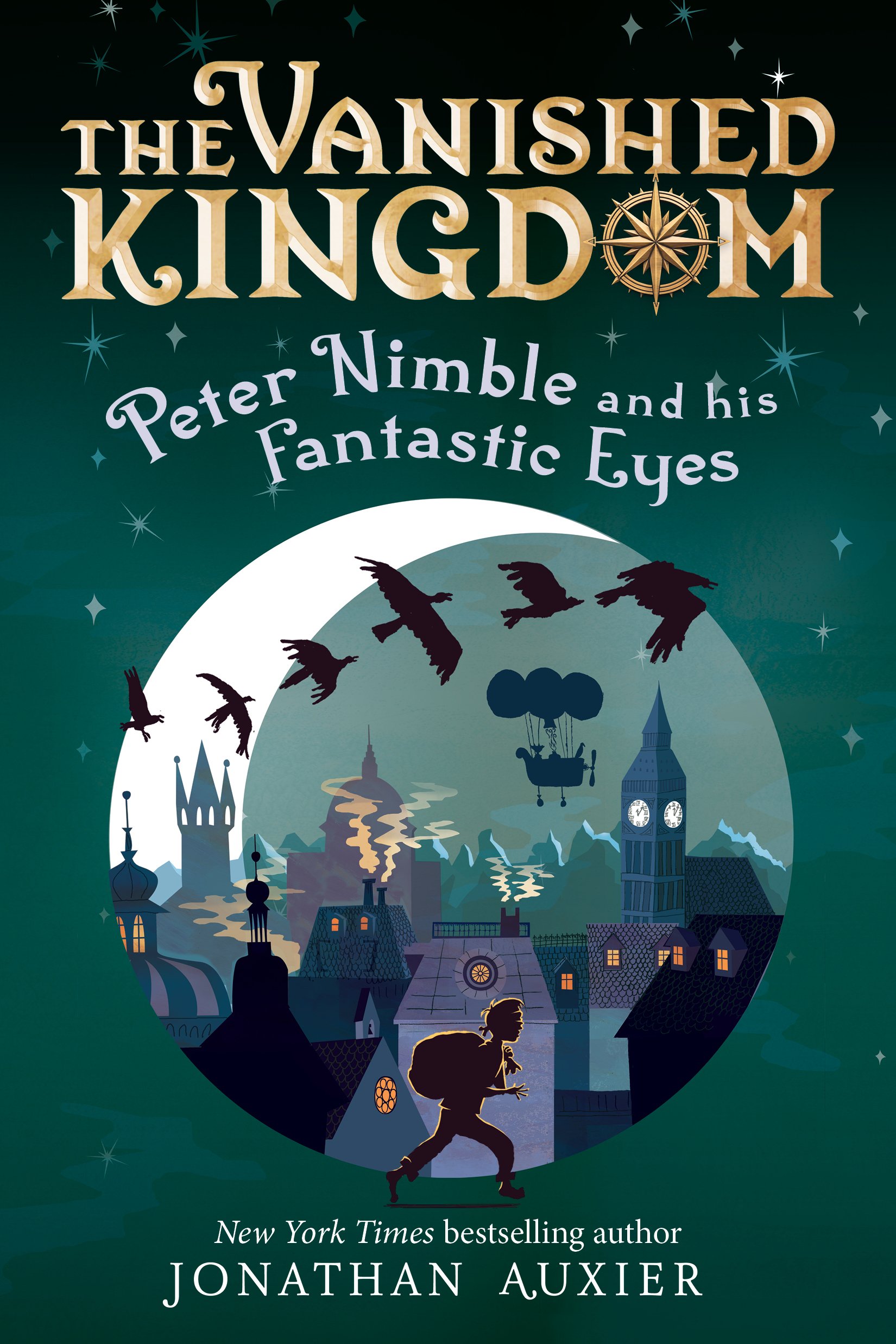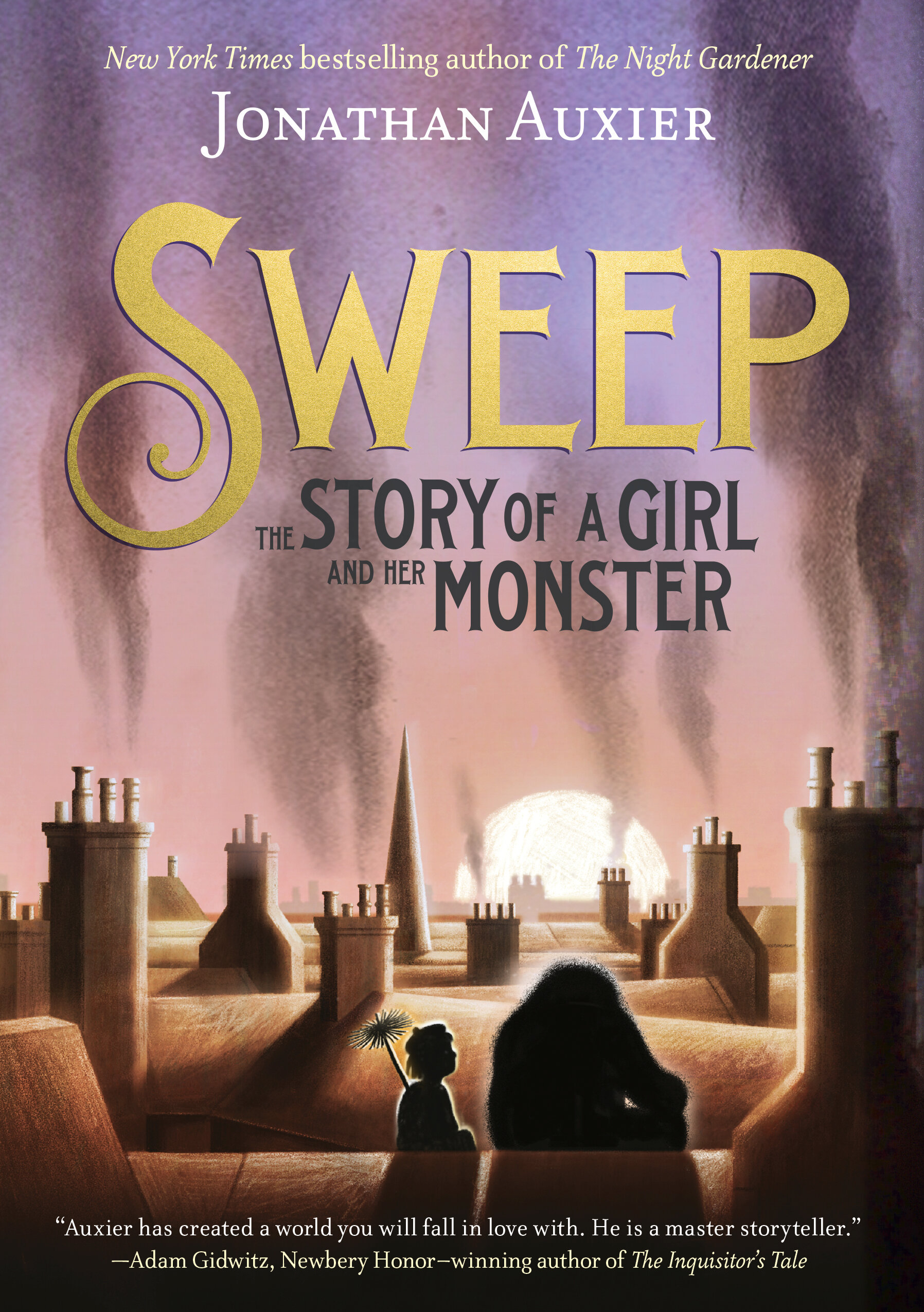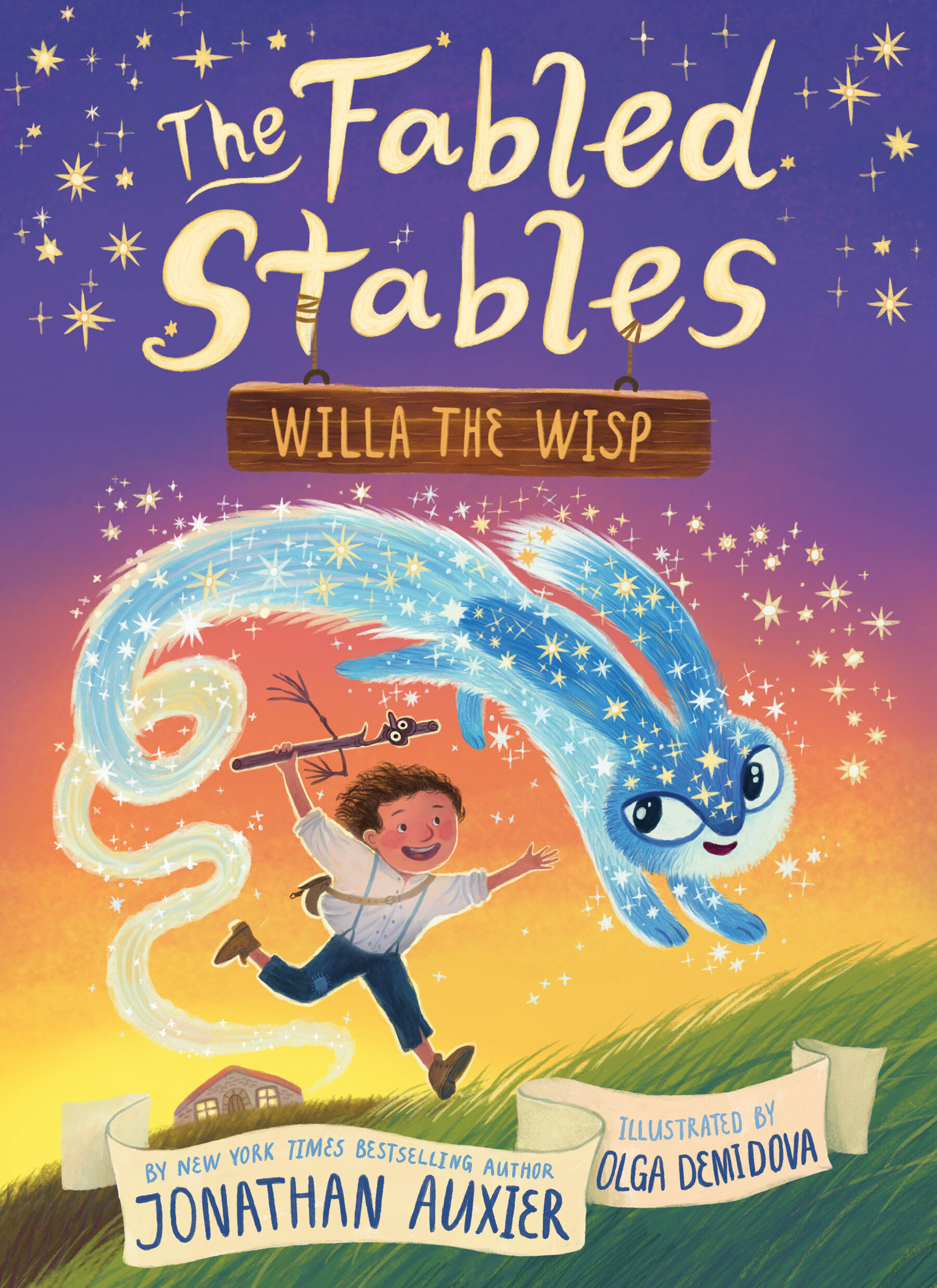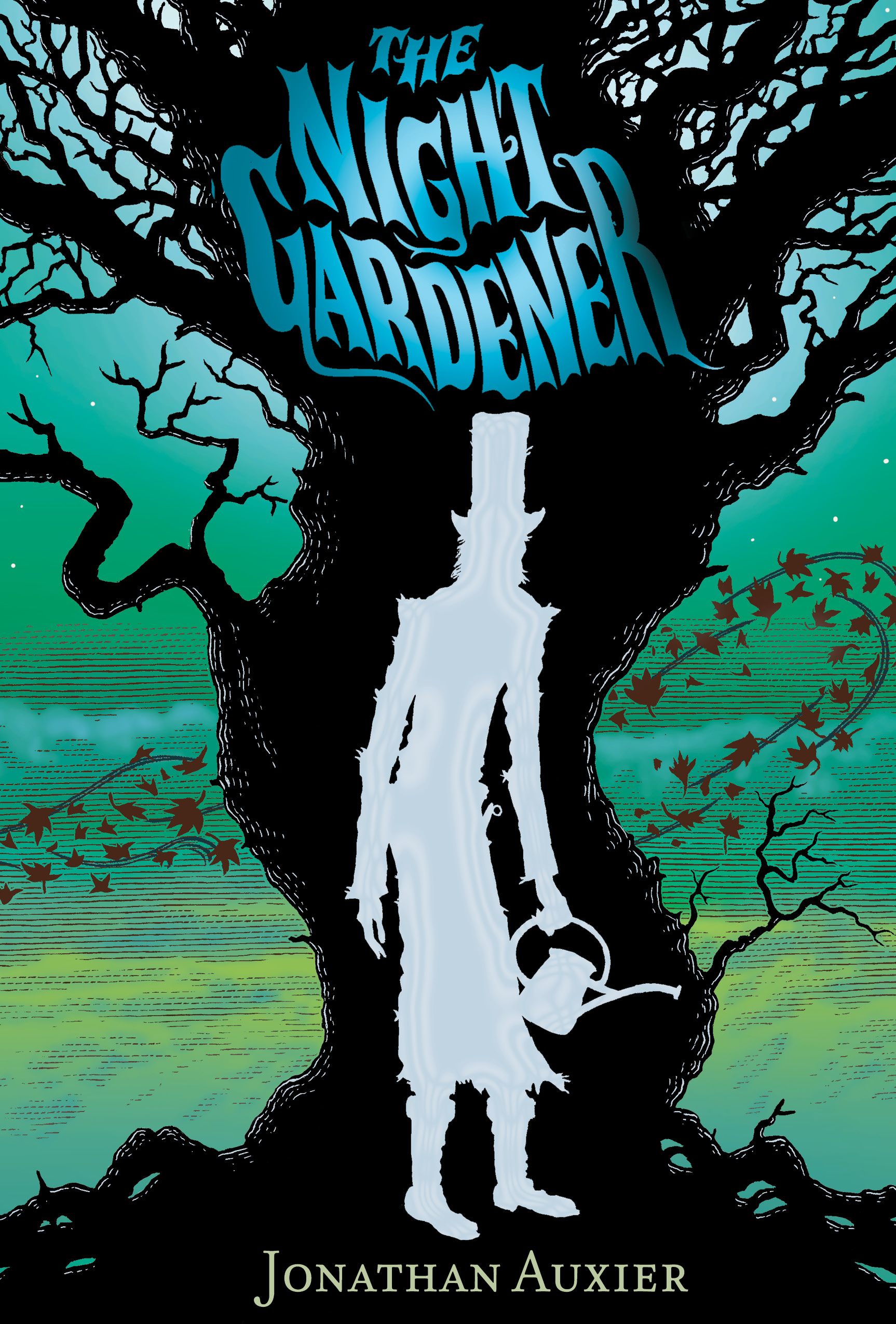E-Books Round 1: Why I'm Not Worried ...
/ I thought I'd take the next two days to reflect on e-books and The Future of Publishing. Many writers, agents, and publishers I've talked to view e-books as an existential threat. Today I'd like to play devil's advocate and discuss a few reasons why I think (or hope) that e-books aren't really a big deal. (Tomorrow I'll be talking about the things to do scare me ... a lot.) Let's look at a few common complaints:
I thought I'd take the next two days to reflect on e-books and The Future of Publishing. Many writers, agents, and publishers I've talked to view e-books as an existential threat. Today I'd like to play devil's advocate and discuss a few reasons why I think (or hope) that e-books aren't really a big deal. (Tomorrow I'll be talking about the things to do scare me ... a lot.) Let's look at a few common complaints:
1) Reading an e-book isn't reading!
This objection is pretty much limited to young readers. The fear seems to have been sparked by two recent newspaper articles about the rise of "enhanced" picture books[1. 1. The first was a New York Times piece discussing troubling trends in the sales of picture books; A few weeks later the Wall Street Journal wrote a piece about how publishers are poised to start creating "enhanced" picture books for e-readers.]. Many people have wondered whether these e-books are really be more like video games or cartoons than books. Illustrator and artist Meghan McCarthy wrote a great piece on her blog talking about how the "enhanced" edition of P.D. Eastman's Go, Dog. Go! makes a point of not showing words at key points of the story -- creating an experience that is not much different from watching television.
I agree with her comparison, but not so much her conclusion. I do not think that these e-books present a new challenge to literacy. Converting picture books into television has been going on for decades ... just ask LeVar Burton. Millions of children (myself included) watched Reading Rainbow and still learned to read. As with television, this is much more a question of parenting than publishing: the same kids who are allowed to watch too much TV are the same ones at risk of "reading" too many enhanced books[2. 2. which begs another question: who the heck lets their five year-old have an iPad?].
2) There's just something better about ink on paper!
I wholeheartedly agree with the above statement -- no glowing screen will ever compare to the look, feel, and smell of words on a physical page. That said, I think e-books have some very real advantages over traditional books. Not only are they more portable and ecologically responsible, but features like searchable text, instant definitions, hyperlinks, and clickable footnotes give them an undeniable edge[3. 3. Just ask any undergraduate English student forced to slog through Chaucer one word at a time ... not that I'm still bitter or anything]. For society as a whole, e-books are without question the better path forward.
So where does that leave us physical book lovers? I think that in the future, people who buy and read physical books will be very similar to people who listen to music on vinyl today. There is still a market for vinyl records, but it is a smaller one that is limited to collectors and fetishists. Frankly, I'm okay with that.
3) E-books will destroy the publishing industry!
Just a second ago, I compared people who collect books to people who collect music. Similarly, a lot of people have looked at what happened to the music industry as a sign for Things To Come in publishing. This usually leads to the following (terrifying) comparison:
physical books = compact discs
A friend recently pointed out a logical fallacy in this equation: books, unlike recorded music, don't require an apparatus to enjoy. Recorded music is beholden to whatever technology a person owns (be it tape deck or iPod), and like all technology, those devices are bound to become more advanced and replace their predecessors. This point is not minor, as it reveals what the true books/music comparison should be:
e-books = all forms of recorded music
In the above scenario, the future of physical books looks suddenly brighter. In fact, it's Amazon and Apple who need to fear what's to come. The Kindle and iPad will inevitably be replaced by something newer. Physical books, however, will remain unchanged ... as they have for over 600 years.
So that's three e-book fears allayed. This post was largely me talking myself off a ledge. Feel free to let me know why I'm wrong, or any other points I may have missed. Tomorrow, I'll be taking the other side of the debate and discussing the one looming change that I do think could destroy publishing. Until then . . .
UPDATE: you can read my followup post here.


